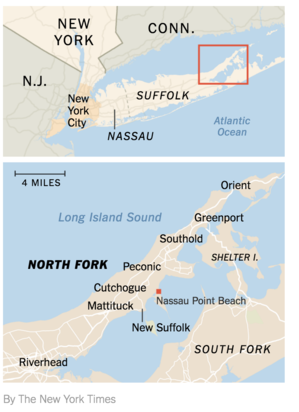The greatest tragedy in all schools today is the 'D.D.D.'" -- a dropout who is in debt and doesn't get a degree.
Many of his work ideas are cataloged in "P.D.s" (procedure directives), "D.L.s" (data letters), "I.L.s," (information letters) and "M.M.s" (management memos). "M.M. 302," for example, is titled "Student Satisfaction and Success -- S.S.S." and offers the antidote to what he calls the "dreaded D.D.D."
"If something worked, we then systematized it," Mr. Carl Barney said.
"P.D. 154 R" lays out a two-year training program for employees who want to advance to associate directors. Among other things, they will be expected to read Rand's manifesto, the 1,200-page novel "Atlas Shrugged," which depicts a rotted-out America where creative geniuses stage a nationwide strike against corrupt "moochers and looters."
So when a friend told him about the existence of for-profit colleges, he was struck. "Wow," he said he thought, "you could actually buy a college? That's what I want to do."
In time, he ended up buying and establishing several colleges including CollegeAmerica, Stevens-Henager and California College. He developed an online division, Independence University.
It was thinking about the future of that business and his legacy that Mr. Barney said led him to merge his colleges in 2012 with the Center for Excellence in Higher Education, a nonprofit that supports free-market ideas in higher education. The center bought all the schools for about $630 million.
The money came from Mr. Barney himself in the form of loans and tax-deductible donations. Today, the colleges are no longer considered for-profit entities, and the center supports programs at brand-name universities like Tufts, Clemson and Duke.
Mr. Barney has stepped back from day-to-day oversight, but nothing changed in the way the colleges are operated. "We woke up the next day with the exact same management team," said Eric Juhlin, who continued as chief executive.
The sale, which is awaiting Education Department approval, has its critics. Industry watchdogs point, for example, to a whistle-blower lawsuit brought by two former recruiters in 2014 that charges the merger was done "at least in part, to evade certain regulatory requirements that apply to for-profit schools."
Todd Zywicki, executive director of George Mason Law and Economics Center and a longtime trustee at the Center for Excellence in Higher Education, called the notion "insulting," saying "it totally misrepresents what we were doing."
Mr. Barney similarly dismisses the accusations: "I could be a billionaire today if I hadn't converted to nonprofit."
Not only does Mr. Barney understand the indignation about profiting off public funds, in one sense, he shares it. "I don't think taxpayers should pay for our students," he said. He says he believes that government should get out of student loans and grants altogether and leave the financing to the schools, potential employers and banks.
It is a view that is echoed in "Atlas Shrugged." In the novel, the legendary railroad titan Nathaniel Taggart is said to have tossed a government official down three flights of stairs merely for asking if Mr. Taggart would like a government loan.

